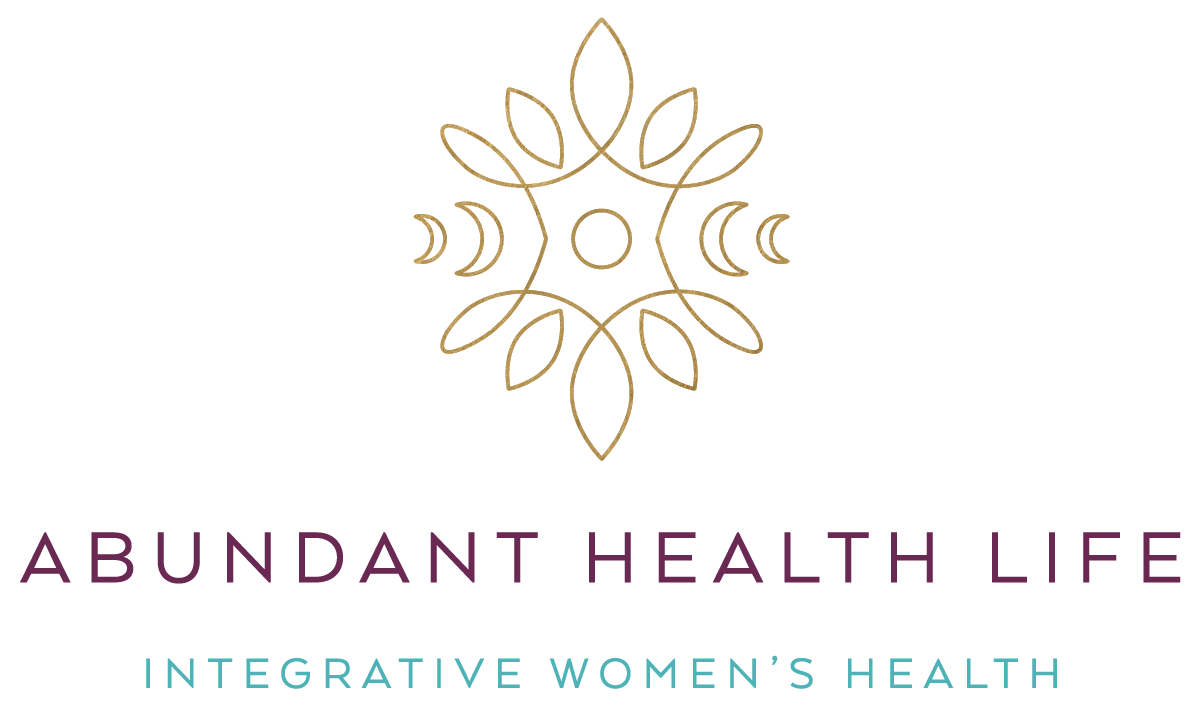Surviving Spring Allergies: Expert tips to help you breathe easy
Spring is beautiful, but for many, it also means dealing with unwanted allergies and respiratory issues. I've experienced firsthand the impact spring allergies can have on your health and overall well-being. I’ve also benefitted from a whole-body approach to managing allergies that has significantly minimized my seasonal symptoms.
Here are some tips to help you breathe easy and survive spring.
Clean up your diet and stabilize your gut.
Eat a nutrient-dense diet rich in fruits, vegetables, quality proteins, and healthy fats to help boost your immune system. Avoid inflammatory foods like sugar, processed foods, and dairy. Probiotics and certain types of collagen can help heal the gut. Supplements containing Quercetin and Stinging Nettle have a natural anti-histamine effect and support a more balanced immune response.
Get adequate sleep and manage stress
Other than diet, stress and inadequate sleep are two majorfactors that contribute to inflammation in the body. More inflammation means that your body is more likely to react to the allergens you are exposed you. Stress also negatively impacts the health of your gut. I love adaptogens such as ashwagandha and essential oils like Lavender to help my body better handle stress. Sleep supplements containing L-theanine and 5-HTP can help quiet the brain to support quality rest. If you engage in shift work or have little ones who wake you at night, try to build in time for recovery when you are able to.
Use essential oils to help open up the airway and reduce inflammation.
You can diffuse essential oils like peppermint and eucalyptus, dilute with a carrier oil, like olive oil, apply topically, or inhale directly. Breathe Again by Young Living is one of my favorite blends. It comes as a roll-on. Young Living also makes SnifflEase provides similar support but tailored to little bodies.
Keep your house clean.
Allergens tend to accumulate in the home, so keeping your home clean by vacuuming often and washing bedding and curtains regularly can reduce exposure. Taking off outdoor shoes when entering the house also helps to reduce the allergen load. Doing a purge and reducing clutter in the home minimizes the surfaces where dust and allergens can accumulate. I also highly recommend investing in a quality air purifier. We love Molekule in our home and have one in both bedrooms and the living room.
Keep windows and doors closed
While it may be tempting to open windows and doors to let fresh air in, it can worsen your allergies. Instead, keep your windows and doors closed to reduce the amount of pollen and other allergens that enter your home.
Stay hydrated.
Drink plenty of water to help hydrate your nasal passages and reduce inflammation. Drink at least eight glasses of water daily, and avoid dehydrating beverages like coffee and alcohol. Alcohol also wreaks havoc on the gut and contributes to systemic inflammation.
Practice nasal irrigation
Nasal irrigation, such as with a neti pot, can help flush out allergens and mucus from your nasal passages. Use a sterile saline solution to reduce the risk of infection from bacteria and other microorganisms.
Monitor pollen counts
Pollen counts tend to be higher at midday and afternoon. Schedule activities in the morning or evening or check local weather and plan accordingly. Depending on the severity of your allergies, you may benefit from wearing protective gear outdoors, particularly during peak pollen hours. Sunglasses, hats, and masks can help protect your eyes, nose, and mouth from allergens.
The most effective solution to seasonal allergies is to address the root cause. An exploration of food sensitivities or a deeper dive into your intestinal health through functional testing may provide the clues you need to heal. As an Integrative Physician, I’d love to help guide you. Reach out for a discovery consultation.
Do you have other holistic strategies for surviving spring? I’d love to hear what works well for you.

